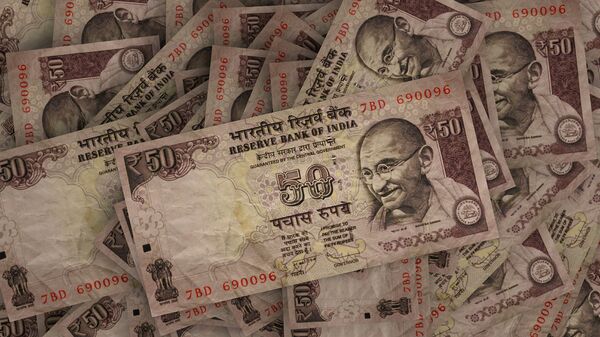Indian-born Nobel laureate economist Abhijit Banerjee on Wednesday said the “abruptness” with which Prime Minister Narendra Modi had announced the lockdown to fight COVID-19 pandemic “could have been avoided”. Maintaining that the immediate priority for the government should be to prevent “migrants from going crazy to cut transmission” of the disease, Banerjee also stressed that India must print more money to salvage the economy from the impact of the pandemic.
Although the lockdown has affected people from all walks of life, daily wage-earners were perhaps the worst-hit. In the days following the lockdown, migrant labours employed in industrial clusters set out in large numbers, returning to their villages in the hinterland, fearing an inability to find food without any job or earnings.
Almost after a week into the lockdown, the labour exodus has been restricted a bit with several Indian states taking steps to provide care to migrant labourers, wherever they were stranded.
“There was a lack of clarity in the announcement of the lockdown and the government could have prepared better. Police were confused and were shutting down even the supply of essentials. The government did not anticipate the response of the migrants to the lockdown. The lack of clarity and overall abruptness could have been avoided.”
Banerjee believed even though the lockdown was a step that many governments were adopting as a policy response to the COVID-19 spread, it was important to control the transmission. “Right now one would have liked to have kept the migrants from running crazy. One has to ensure that the transmission of the disease is cut off.”
For the Indian government, which is struggling to find ways to minimise the impact of COVID-19 on the Indian economy, Banerjee suggests that quantitative easing, i.e., printing more currency, could be one option. COVID-19 has spooked the Indian economy, sending debt and equity markets into a tailspin. Key sectors such as aviation, manufacturing, hospitality, and automobile manufacturers are heading for tough times in the wake of the sudden lockdown as well as low demand.
“I think that quantitative easing is the name of the game. Why should we be special? I strongly feel that we should be expansionary. There is no point in remaining tightfisted. This is the time to boost demand. That’s why the US is putting in $2 trillion in the economy, which is coming from quantitative easing,” he said during a discussion on a television channel.
India has already announced a set of measures to help the poor amid COVID-19 in terms of direct cash transfers and grainstuff entitlements for the next three months. The Indian government is expected to come out with stimulus measures for industry as well.
The Indian-American economist, who is currently the Ford Foundation International Professor of Economics at Massachusetts Institute of Technology, was awarded the Nobel Prize in Economic Sciences in 2019 jointly with co-researchers Esther Duflo and Michael Kremer for their work on “alleviating global poverty".
Since the outbreak of the global pandemic reached India on 30 January, 38 people have lost their lives; there are 1,466 active, registered cases of infection in the country, according to the latest data put out by India's federal Health and Family Welfare Ministry.




